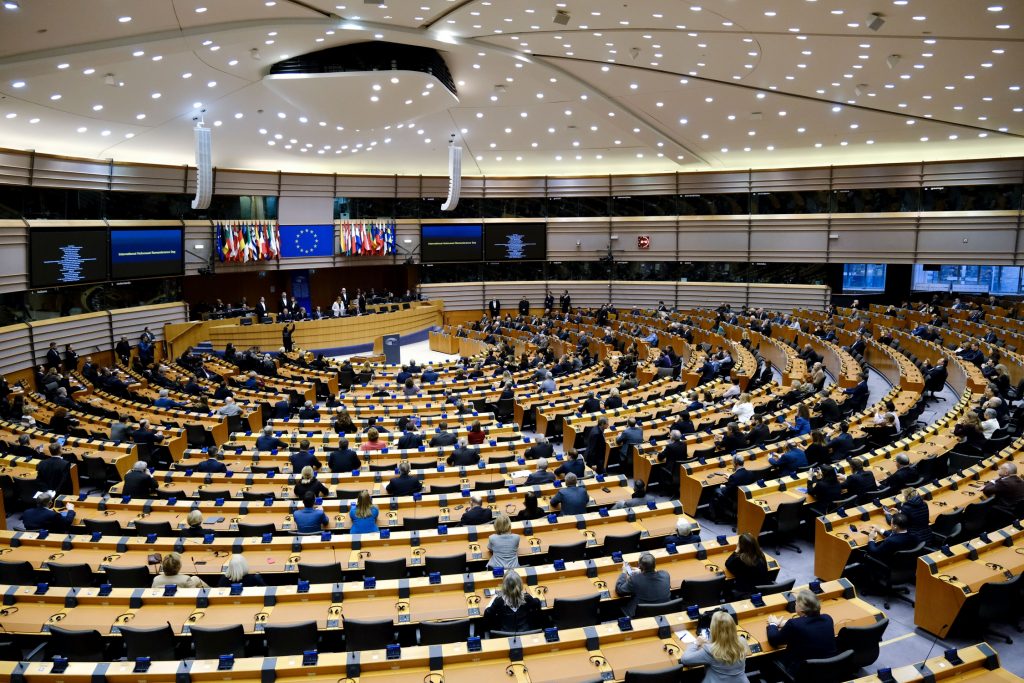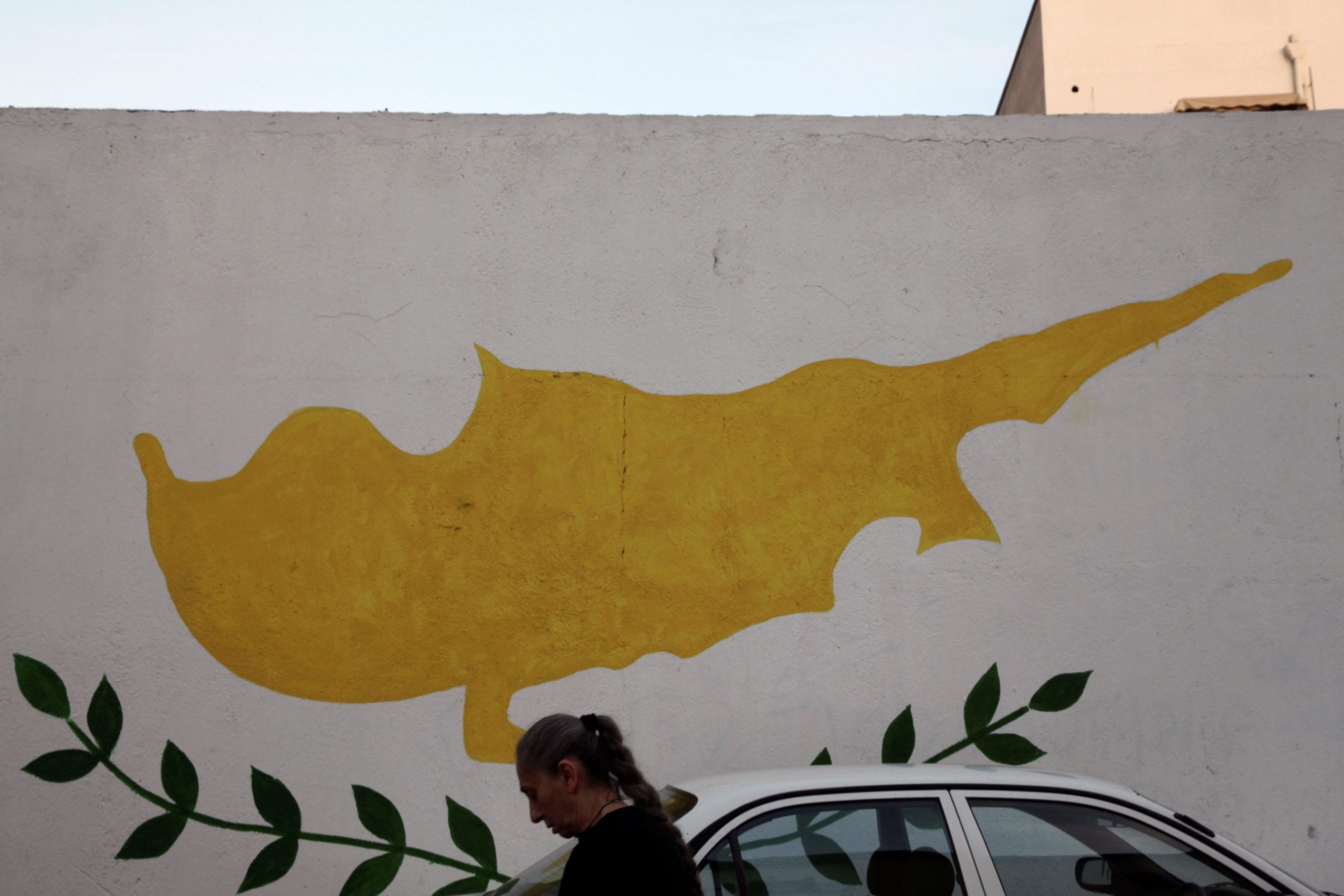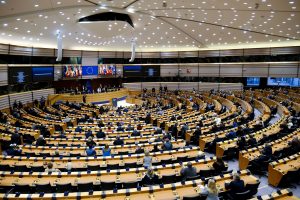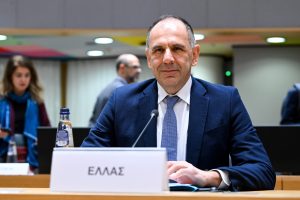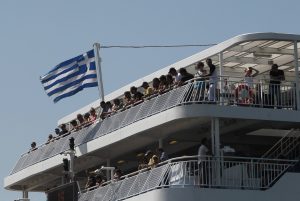The discussions the UN Secretary General’s Personal Envoy, Maria Holguin Cuellar, will have in Europe in the coming days are expected to be decisive vis-a-vis the resumption of talks on the Cyprus issue.
Her tour kicked off in Berlin and will be continued in Paris. From there she will travel to Brussels for a series of meetings with the EU institutions.
The Cypriot government places particular emphasis on this cycle of contacts, and especially on what Maria Holguin Cuellar discusses in Berlin. At this difficult juncture, with Turkey outraged by the recent conclusions of the Council of the European Union, it seems only Germany is keeping its channels of communication open with Ankara, at least to this extent.
Moreover, Chancellor Scholz has been actively involved of late in efforts to revive the talks, which were interrupted in 2017 when the parties were in discussion in Crans-Montana. Cypriot President Nikos Christodoulides was keen to remind German journalists of this the other day, as he publically expressed his gratitude for Scholz’s help.
Although Nicosia has every reason to be pleased with the latest developments, which are the result of its painstaking efforts to convince the UN and the EU that it is sincerely seeking the resumption of talks, the Cypriot government seems to acknowledge that these intentions will still have to translate into actions around the negotiating table.
With Turkey insisting on maximalist positions—in essence, sovereign equality or two separate states—, Nicosia has to pull off an extremely delicate balancing act. It does not want to see the past repeat itself, with the Greek Cypriot side calling for a relaunch of the dialog on the Cyprus problem, but the talks ending up in deadlock due both to Nicosia’s handling and Turkey placing greater responsibility on the Greek Cypriots.
This time round, the balance may be more delicate still, as Nicosia believes its scope for making additional concessions at the negotiating table is almost exhausted.
The UN is well aware of the above. Hence its continuing reluctance to engage, despite its recognition of Nicosia’s constructive stance in the Pyla Crisis, especially, which gave UNFICYP, the Organization’s peacekeeping force in Cyprus, the ability to handle the situation last year more easily and ultimately successfully.
The only certainty is that the talks with Ms. Holguin will be decisive in terms of all this, as well as the extent to which the European Union is prepared to assist in the effort.
We may know more on 7 May, when Antonio Guterres’ personal envoy will arrive in Cyprus for a week of intensive contacts with both parties.
